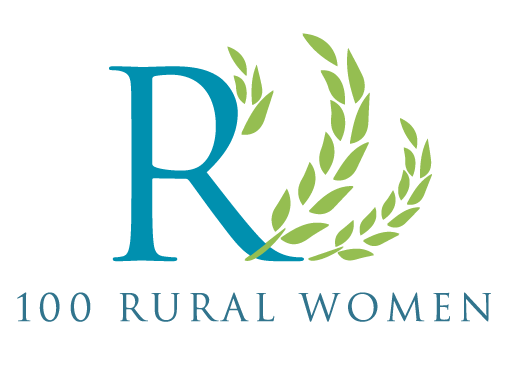Teresa Kittridge: Building a Movement of Rural Women
From the Rural Assembly: During these difficult times, we are committed to continuing to share stories of hope, resilience, and solidarity that strengthen our relationships across and within rural America. Please enjoy this most recent profile in the #RuralWomenLead Series of Teresa Kittridge, Founder of 100 Rural Women.
Listen to Teresa talk about 100 Rural Women:
Media error: Format(s) not supported or source(s) not found
Download File: https://100ruralwomen.org/wp-content/uploads/2020/12/Teresa-Kittridge.mp4?_=1From an early age, Teresa Kittridge saw the disparity of women in leadership and knew that needed to change.
“Growing up in a family of strong women, with incredible role models I had much encouragement that I could achieve leadership, that women’s voices and issues are important and equity is critical to representation.”
Her great grandmother, Bridget McDonough Regan, was the first woman in the early 1900s to serve on the school board in her town. Kittridge followed suit. Her career has spanned public service, nonprofits, and the private sector. For the first 20 years of her career, she was an elected officer of the Minnesota House of Representatives. She later built and led organizations, was elected to a school board, worked in the renewable energy industry, children’s publishing, and rural policy development. During her career, she has often been one of the only women in a room of powerful men.
Today, she is the founder of 100 Rural Women, whose mission aims to change that tide. 100 Rural Women sprang from a new chapter of life. When the organization she worked for RUPRI lost its core federal funding, she wondered what to do next. 100 Rural Women was born.
100 Rural Women’s mission is to serve and support rural women, identify, connect and create relationships, models of networking, leadership, mentorship and civic engagement. Powered by leadership exchange mentorship programs and other events to connect women, the organization hopes to propel more rural women to leadership.
“Women need to be represented and at the table making decisions,” Kittridge said. “For those of us living in rural areas, we know that we check our politics at the door and work together for community building.”
Describe your connection to rural America.
I was born in rural Minnesota and now live in rural Minnesota. Growing up I had the great fortune to live in a regional rural city and spend a lot of time on the family farm. In my career I have worked in and served in public, private and nonprofit leadership in rural, have worked with rural female candidates, served in elected office as well as community and youth leadership programs.
Tell us about a moment when you felt discouraged and how you overcame it.
During the last Presidential election, I was taken back at how women were being spoken about, treated and again reminded of the utmost importance of women needing to be better represented in leadership across all sectors. Also, I was so disappointed in how rural people were being painted in this politically charged environment.
Next, when our nonpartisan Rural Policy Research Institute RUPRI lost its core federal funding, I had to step back and think about what was next for me, where I could make a difference and contribute at this point in my career and life. For some time, I had been thinking about how to better connect rural women and get rural women supporting each other and pursuing decision making leadership positions. The lack of women in leadership in rural leadership has always bothered me and I decided I needed to do something about it for myself, and for all generations of rural females.
There are many wonderful national and state level organizations but are rarely active in rural. Why? Scale is difficult and often the organizations are political or issue oriented which make it difficult for rural women to participate.
I bought a group of amazing rural women together to test out a business model and approach of leadership and network development. I did my market research to assure there wasn’t an existing group addressing this focus and took time to meet with women across the country to identify needs and opportunities for rural women in leadership. Through that research and meetings, I’ve seen that women are eager to meaningfully connect, support each other and work together for a brighter future.
The result was that I started the new nonprofit 100 Rural Women where we see a future where more rural women lead positive change for themselves, their families and communities, the nation and the world. We are committed to building leaders through networks, mentorship, education, and civic engagement. Our end goals are to better connect rural women, build more women leaders and develop leadership skills, lift each other up, work collaboratively, model the way for each other and future generations. Our organization is non-profit, non-partisan and not issue oriented.
What we know is that for our rural places to survive, we need young families to stay, locate and thrive in our communities. Women need to be represented and at the table making decisions. For those of us in living in rural areas, we know that we check our politics at the door and work together for community building. I believe that women can model the way for better collaboration and effective leadership by supporting each other.
Is there a habit or practice you subscribe to that keeps you motivated?
Staying positive and always looking for the best in others. I am a walker which helps me clear my brain and I recharge by water to reflect, calm and find peace.
What are you reading/listening to?
Listened to: Make trouble by Cecile Richards
Podcasts: @TheHomecomers with Sarah Smarsh, @RuralMattersPod with Michelle Rathman
Read: The Water Dancer by Ta-Nehisi Coats
Next book: Black Wave by Kim Ghattas




